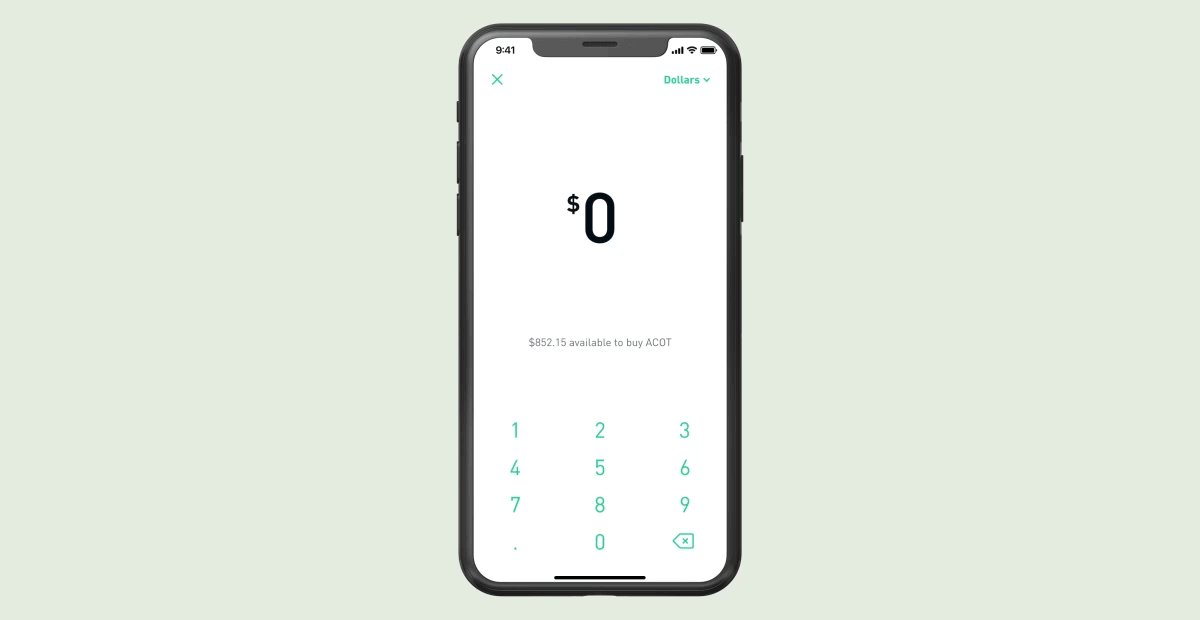One share of Amazon stock costs more than $1,700, locking out less-wealthy investors. So to continue its quest to democratize stock trading, Robinhood is launching fractional share trading this week. This lets you buy 0.000001 shares, rounded to the nearest penny, or just $1 of any stock, with zero fee.
The ability to buy by millionth of a share lets Robinhood undercut Square Cash’s recently announced fractional share trading, which sets a $1 minimum for investment. Robinhood users can sign up here for early access to fractional share trading. “One of our core values is participation is power,” says Robinhood co-CEO Vlad Tenev. “Everything we do is rooted in this. We believe that fractional shares have the potential to open up investing for even more people.”

Fractional share trading ensures no one need be turned away, and Robinhood can keep growing its user base of 10 million with its war chest of $910 million in funding. As incumbent brokerages like Charles Schwab and E*Trade move to copy Robinhood’s free stock trading, the startup has to stay ahead in inclusive financial tools. In this case, though, it’s trying to keep up, since Schwab, Square, and SoFi all launched fractional shares this year. Stash has had them since 2015, and Betterment has actually offered this since 2010.
Robinhood has a bunch of other new features aimed at diversifying its offering for the not-yet-rich. Today its Cash Management feature it announced in October is rolling out to its first users on the 800,000-person wait list, offering them 1.8% APY interest on cash in their Robinhood balance plus a Mastercard debit card for spending money or pulling it out of a wide network of ATMs. The feature is effectively a scaled-back relaunch of the botched debut of 3% APY Robinhood Checking a year ago, which was scuttled because the startup failed to secure the proper insurance it now has for Cash Management.
Additionally, Robinhood is launching two more widely requested features early next year. Dividend Reinvestment Plan (DRIP) will automatically reinvest into stocks or ETF cash dividends Robinhood users receive. Recurring Investments will let users schedule daily, weekly, bi-weekly or monthly investments into stocks. With all this, and Crypto trading, Robinhood is evolving into a full financial services suite that will be much harder for competitors to copy.

How Robinhood fractional shares work
“We believe that if you want to invest, it shouldn’t matter how much money you have. With fractional shares, we’re opening up a whole universe of stocks and funds, including Amazon, Apple, Disney, Berkshire Hathaway, and thousands of others,” Robinhood product manager Abhishek Fatehpuria tells me.
Users will be able to place real-time fractional share orders in dollar amounts as low as $1 or share amounts as low as 0.000001 shares rounded to the penny during market hours. Stocks worth over $1 per share with a market capitalization above $25 million are eligible, with 4,000 different stocks and ETFs available for commission-free, real-time fractional trading.

“We believe that participation is power. Since day one, we’ve focused on breaking down barriers like trade commissions and account minimums to help people participate in the financial system,” says Fatehpuria. “We have a unique user base — half our customers tell us they’re first-time investors, and the median age of a Robinhood customer is 30. This means we have a unique opportunity to expand access to the markets for this new generation.”
Robinhood is racing to corner the freemium investment tool market before other startups and finance giants can catch up. It opened a waitlist for its U.K. launch next year, which will be its first international market. But in just the past month, Alpaca raised $6 million for an API that lets anyone build a stock brokerage app, and Atom Finance raised $12.5 million for its free investment research tool that could compete with Robinhood’s in-app feature. Meanwhile, Robinhood suffered an embarrassing bug, letting users borrow more money than allowed.
The move fast and break things mentality triggers new dangers when introduced to finance. Robinhood must resist the urge to rush as it spreads itself across more products in pursuit of a more level investment playing field.